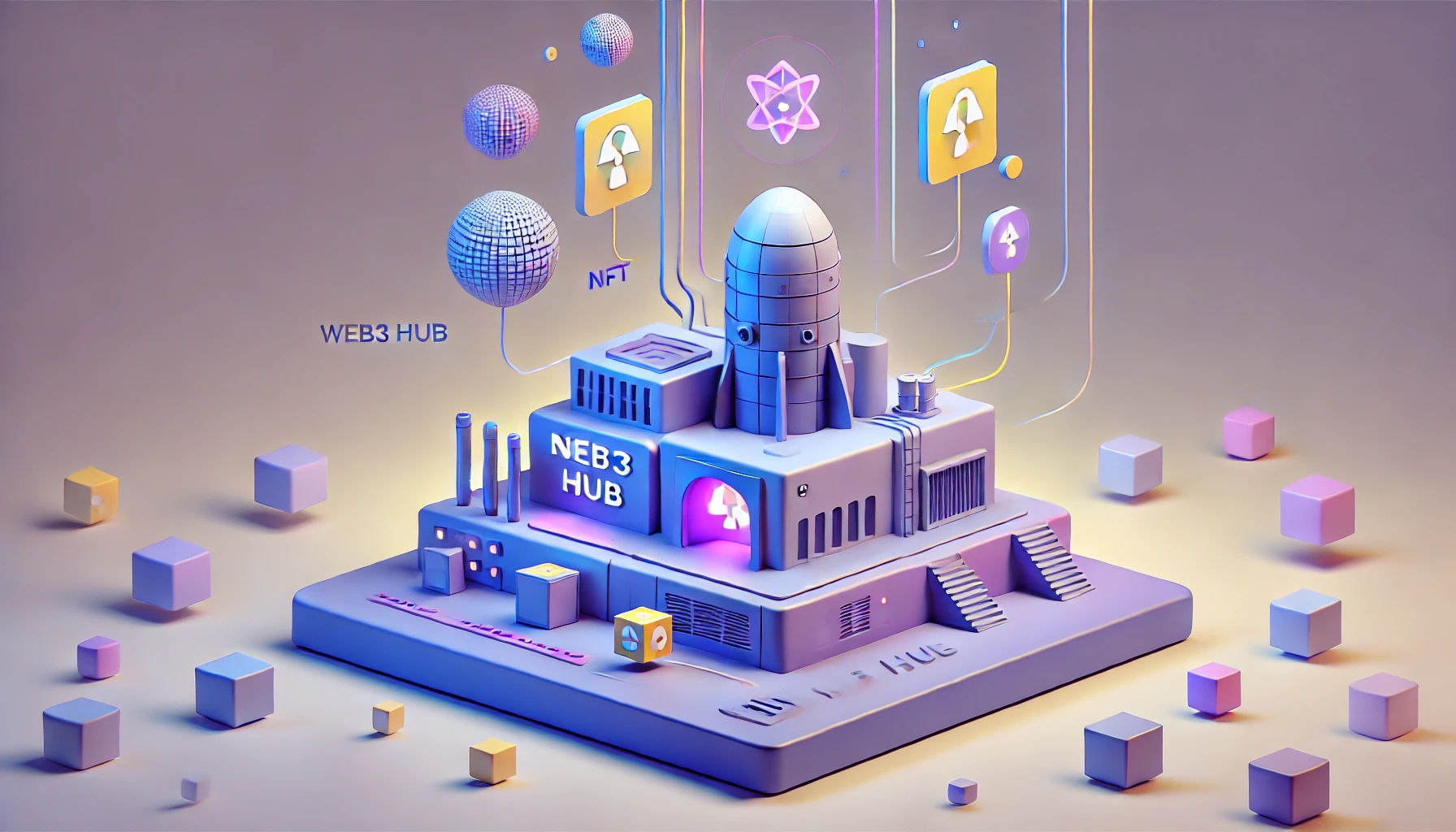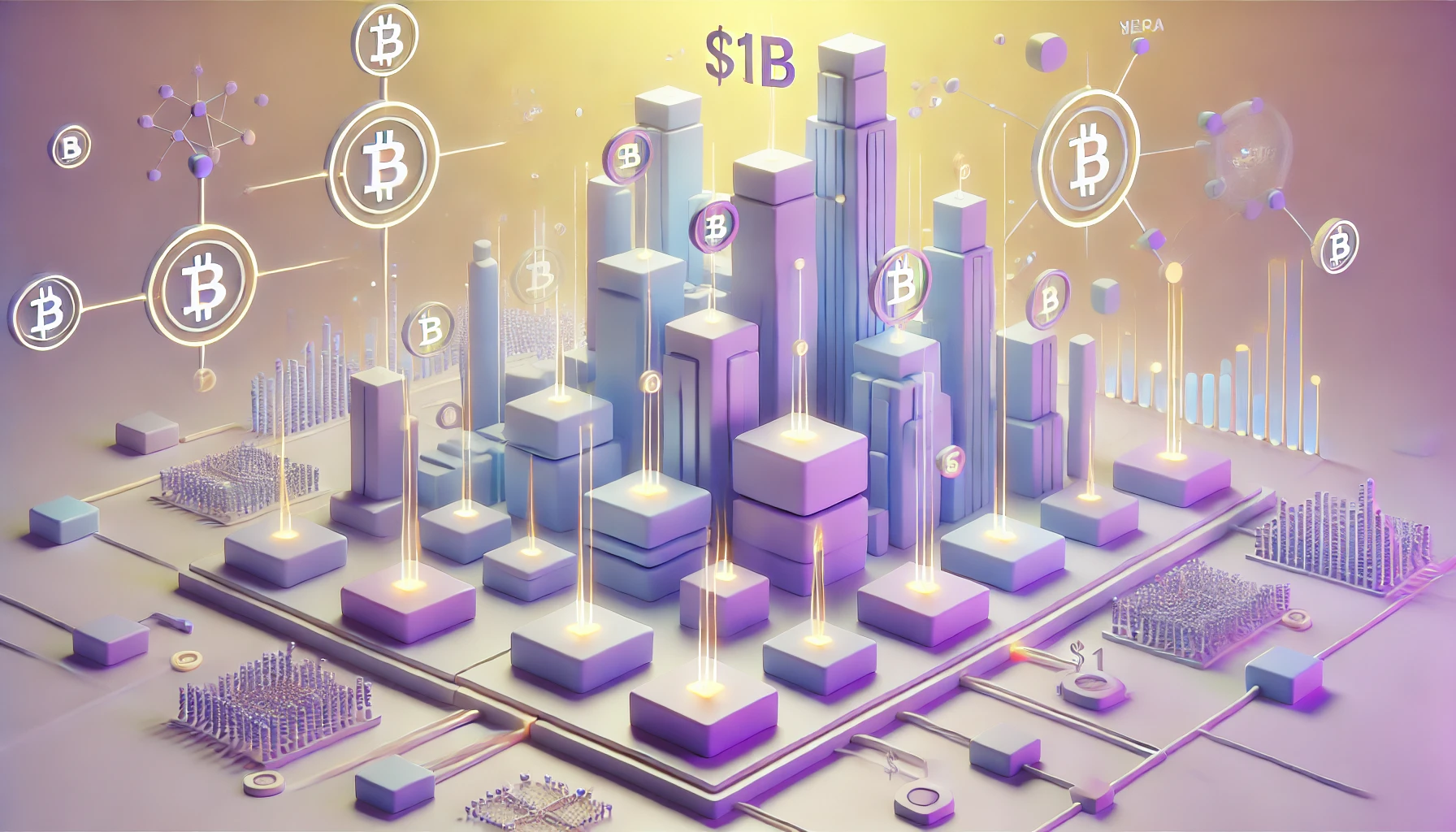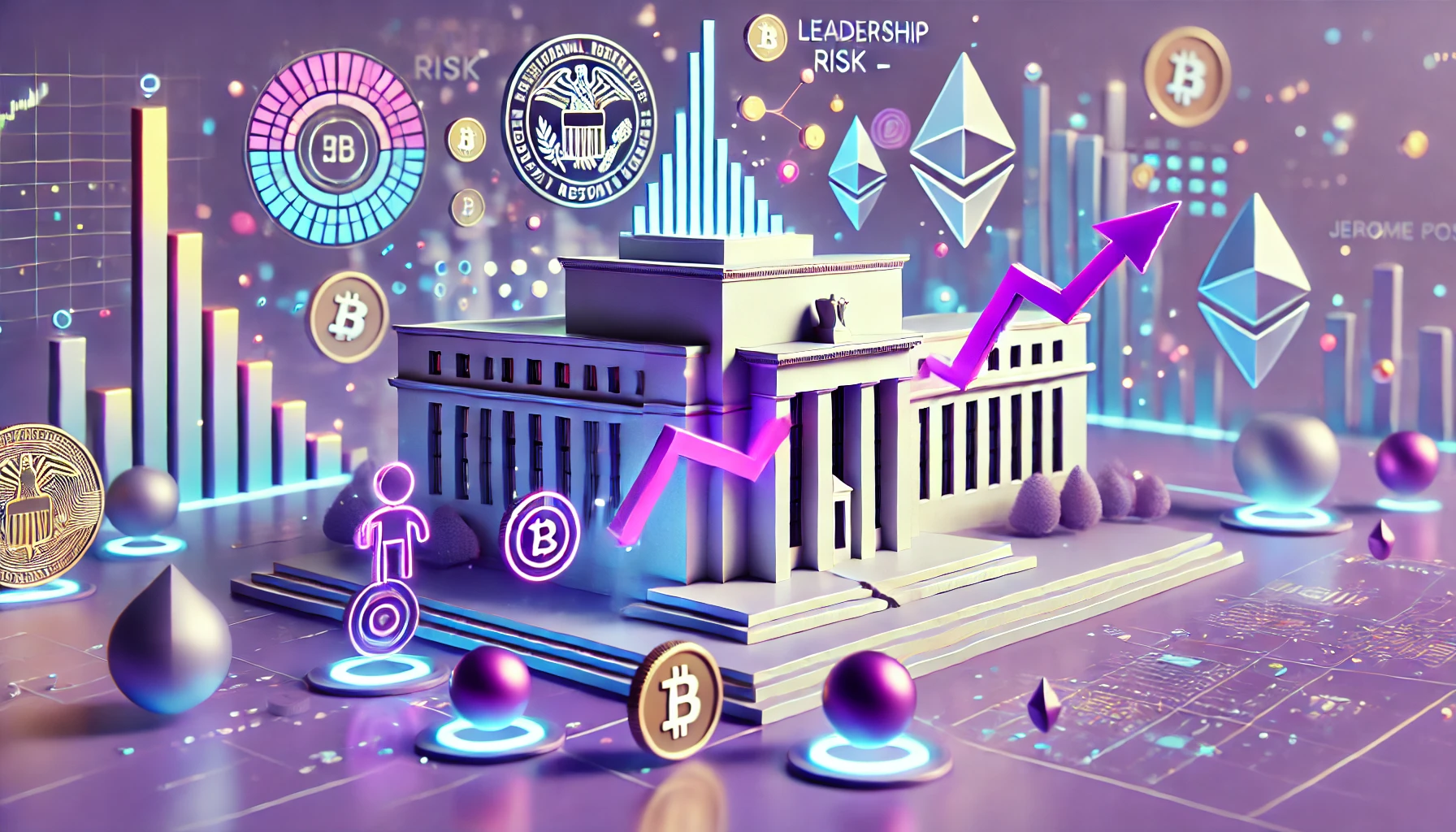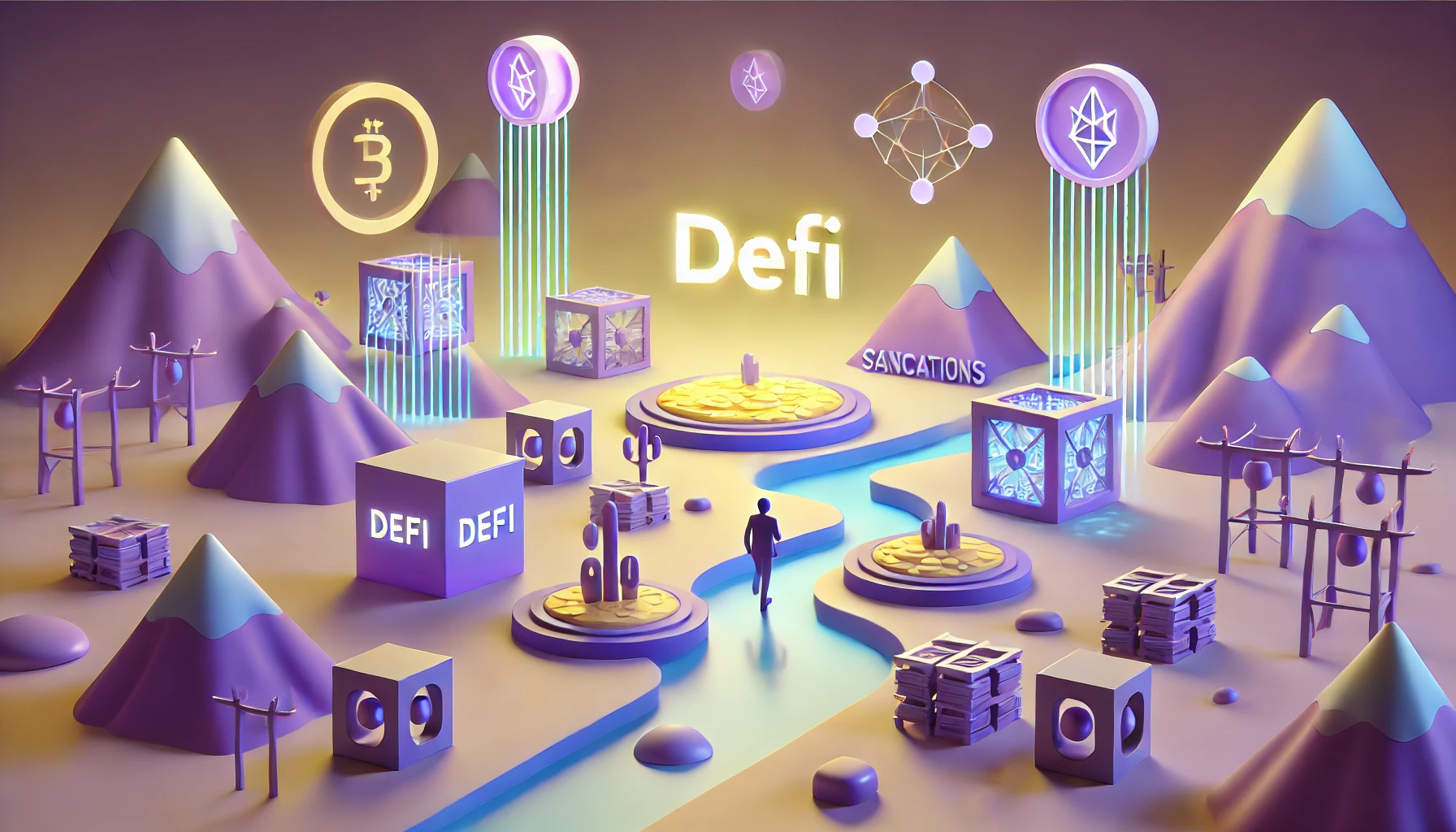The Formula 1 industry is once again at the forefront of technological advancements by adopting an innovative approach to its ticketing system: NFTs (non-fungible tokens) and Web 3.0. Starting with the Monaco Grand Prix, this technology, based on the principle of a digital certificate of authenticity, will be used to issue race tickets.
A Promising Partnership Between Platinium Group, Elemint, and Bary
Formula 1’s global ticketing partner, Platinium Group, has teamed up with the marketplace platform Elemint and the Web3 startup Bary to offer NFT-format tickets. These NFT tickets will be issued on the popular Layer2 platform Polygon and will provide holders with additional benefits.
Exclusive Benefits for NFT Ticket Holders
With this new ticketing system, spectators will not only gain access to the races but also enjoy exclusive experiences after the races or discounts for future events. The crypto industry is thus set to change the way we experience sporting events by offering unique benefits through NFTs.
Formula 1, a Key Player in the Adoption of Cryptocurrencies and Web 3.0
This is not the first time the Formula 1 industry has engaged with the cryptocurrency sector. Several teams have already formed partnerships with blockchain companies, demonstrating their willingness to integrate technological innovations into their activities.
By embracing NFTs for its ticketing system, Formula 1 is tapping into the potential of Web 3.0 to enhance the spectator experience and strengthen transaction security.
The Growing Use Cases for NFTs
While the NFT market is often limited to popular profile picture collections like Bored Ape Yacht Club, there are many other uses for this technology. Some of these include:
- Certification of digital artworks
- Copyright management
- Development of video games based on unique virtual objects
- Issuance of financial securities in the form of non-fungible tokens
Therefore, Formula 1 is not the only sector that could benefit from the advantages offered by NFTs. Other industries, such as film, music, and the arts, could also use this technology to optimize their operations.
A Bright Future for NFTs and Web 3.0
The adoption of NFTs by Formula 1 demonstrates the enormous potential of this technology to transform the way we consume products and services. By providing reliable and secure digital authentication, non-fungible tokens open the door to new opportunities across various sectors.
Moreover, with the rise of Web 3.0, which focuses on decentralization and user autonomy, NFTs could play a key role in the development of a more equitable and transparent digital economy.














